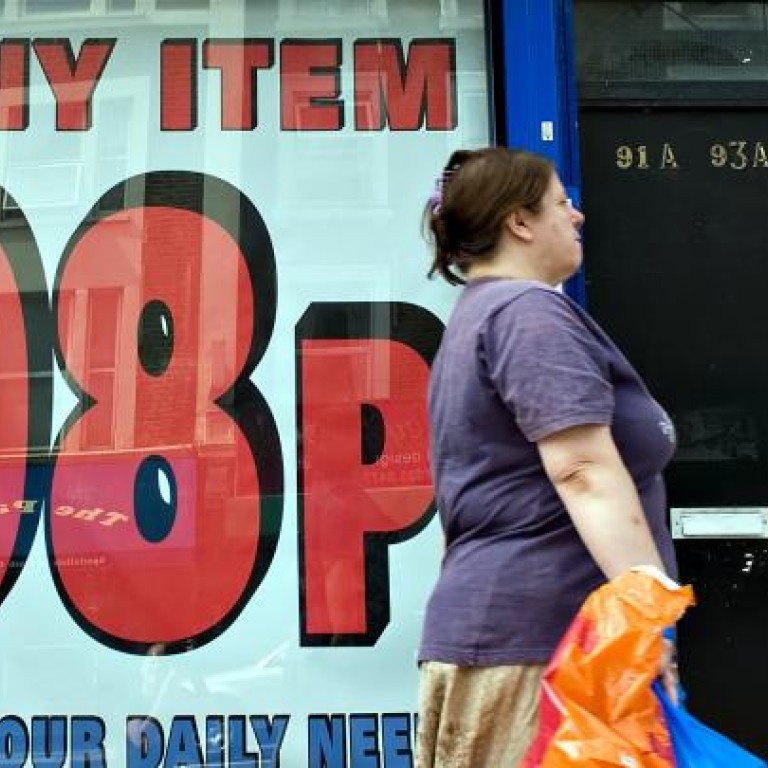
Osborne urged to do more to aid UK economy
Britain’s recovery will be slower than previously forecast and the economy needs more support from the government through a program of business investment, according to the British Chambers of Commerce.
The BCC cut its 2013 growth forecast to 1 per cent from 1.2 per cent in September and its 2014 projection to 1.8 per cent from 2.2 per cent, the London-based group said in a report today, citing a weaker global backdrop and the likelihood of further fiscal tightening by the government. The economy will shrink 0.1 per cent this year, less than previously forecast.
Chancellor of the Exchequer George Osborne will deliver his autumn economic statement to Parliament on Wednesday and must manage a commitment to his fiscal squeeze alongside a risk that excessive tightening will prevent a recovery.
Acknowledging this, the BCC called for measures to boost company investment while protecting Britain’s top credit rating.
“Growth is still too weak,” said BCC Director General John Longworth. “We have always been behind the chancellor’s aim of reducing the deficit, but this has to be supported with the right conditions that allow businesses to thrive, or we will fail to see the growth the economy so desperately needs.”
Britain’s double-dip recession ended with 1 per cent growth in the third quarter, though the BOE has forecast a “zig zag” pattern for gross domestic product and sees a possible contraction this quarter. King said on Nov. 14 that the recovery will be “long and winding.”
The BCC raised its forecast for 2012 to reflect the third quarter expansion that was boosted by the London Olympics and other one-time factors. It also pared its projection for unemployment and now sees the number of jobless increasing to about 2.65 million people at the end of 2013 compared with an earlier prediction of 2.75 million.
The business lobby also forecast that the Bank of England won’t restart gilt purchases and said that adding to quantitative easing should only be considered “if new threats emerge to the stability of the U.K. banking system.” It said the BOE should make “better use” of the program by buying private-sector assets rather than gilts.
The Monetary Policy Committee begins a two-day meeting on Wednesday and all 36 economists in a Bloomberg News forecast that the target for purchases will be held at 375 billion pounds ($603 billion). The BOE will announce the decision at 12 p.m. on December 6.
Osborne said on Sunday that it was taking longer than expected to balance the public finances, suggesting his plan to eliminate the bulk of the deficit may be extended by another year to 2018, while a target to trim debt may also be missed.
The BCC said the deficit plan will take “two to three years longer” than envisaged in the March 2012 budget.
“Since stretching the original timetable for stabilizing debt is unavoidable -- because of the recent overshoot in borrowing due to our weak growth -- the markets are likely to accept steps aimed at overcoming stagnation,” the BCC said. “The precise scale of any stimulus that can be safely provided is a matter of judgment.”
In a separate report on Tuesday, the British Retail Consortium said like-for-like sales at UK stores rose 0.4 per cent in November from a year earlier. Total sales increased 1.8 per cent.
“Much is hoped for from the chancellor’s autumn statement, but in the meantime, retailers enter December in a state of nervousness,” said David McCorquodale, head of retail at KPMG, which compiles the index.
Consumers shopping for the approaching holidays “are holding off for as long as they can to see if there might be bargains available in the next few weeks.”

